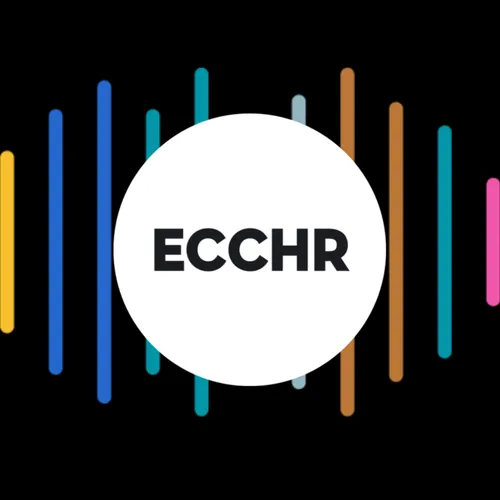
Framing Human Rights
ECCHR’s podcast about activism, art and justice.
The European Center for Constitutional and Human Rights (ECCHR) is an independent, non-profit legal and educational organization dedicated to enforcing civil and human rights worldwide.
Together with those affected and partners worldwide, ECCHR uses legal means to end impunity for those responsible for torture, war crimes, sexual and gender-based violence, corporate exploitation and fortressed borders.
Find out more here: www.ecchr.eu and in our Living Open Archive: loa.ecchr.eu
- Update frequency
- every 9 days
- Average duration
- 53 minutes
- Episodes
- 22
- Years Active
- 2021 - 2025
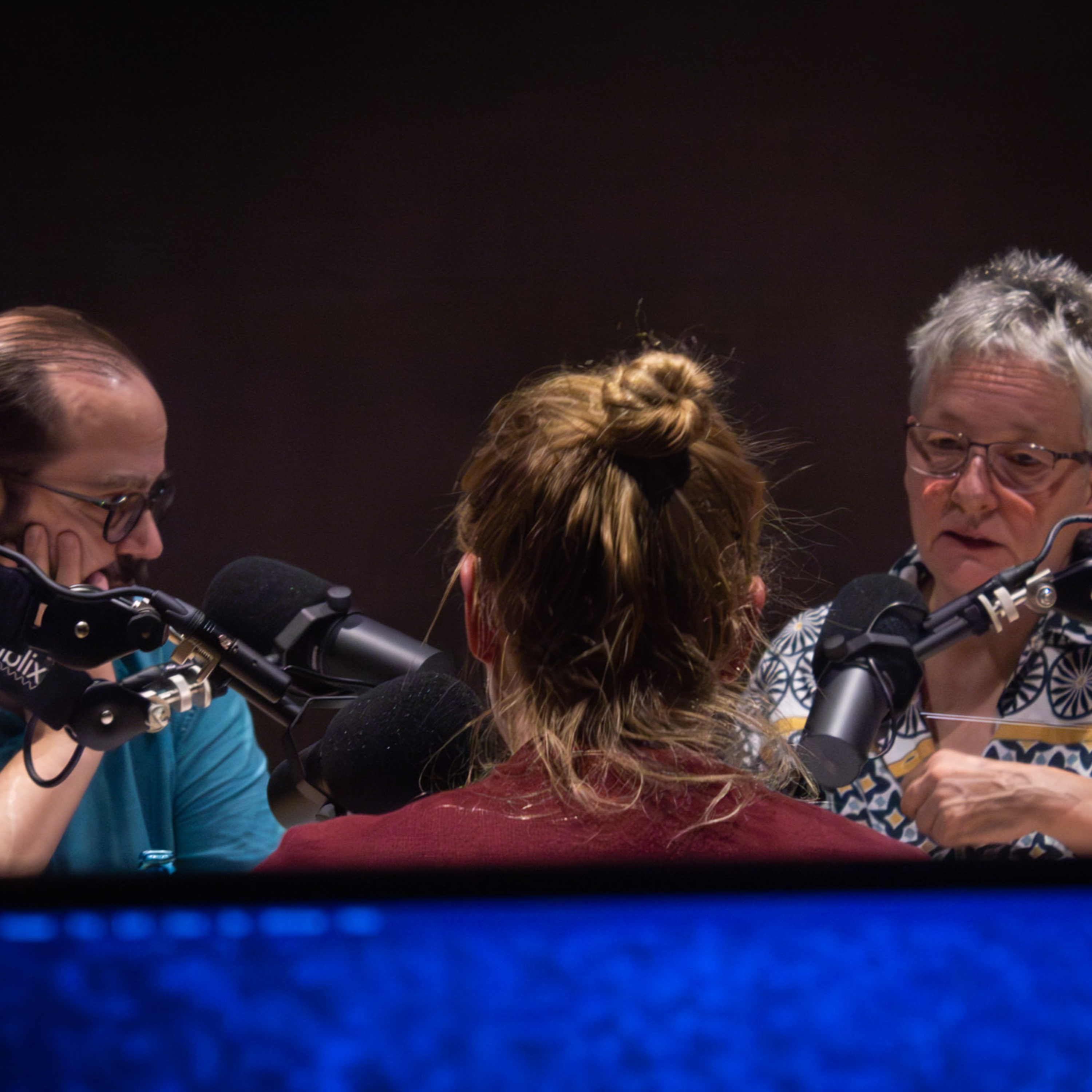
#15 Tödliche Algorithmen: Drohnen und KI in der Kriegsführung
Drohnen und Künstliche Intelligenz sind aus modernen Kriegen kaum noch wegzudenken. Seit 2001 gehört die permanente Angst vor US-Drohnenangriffen zum Alltag vieler Menschen in Afghanistan oder im Jem…
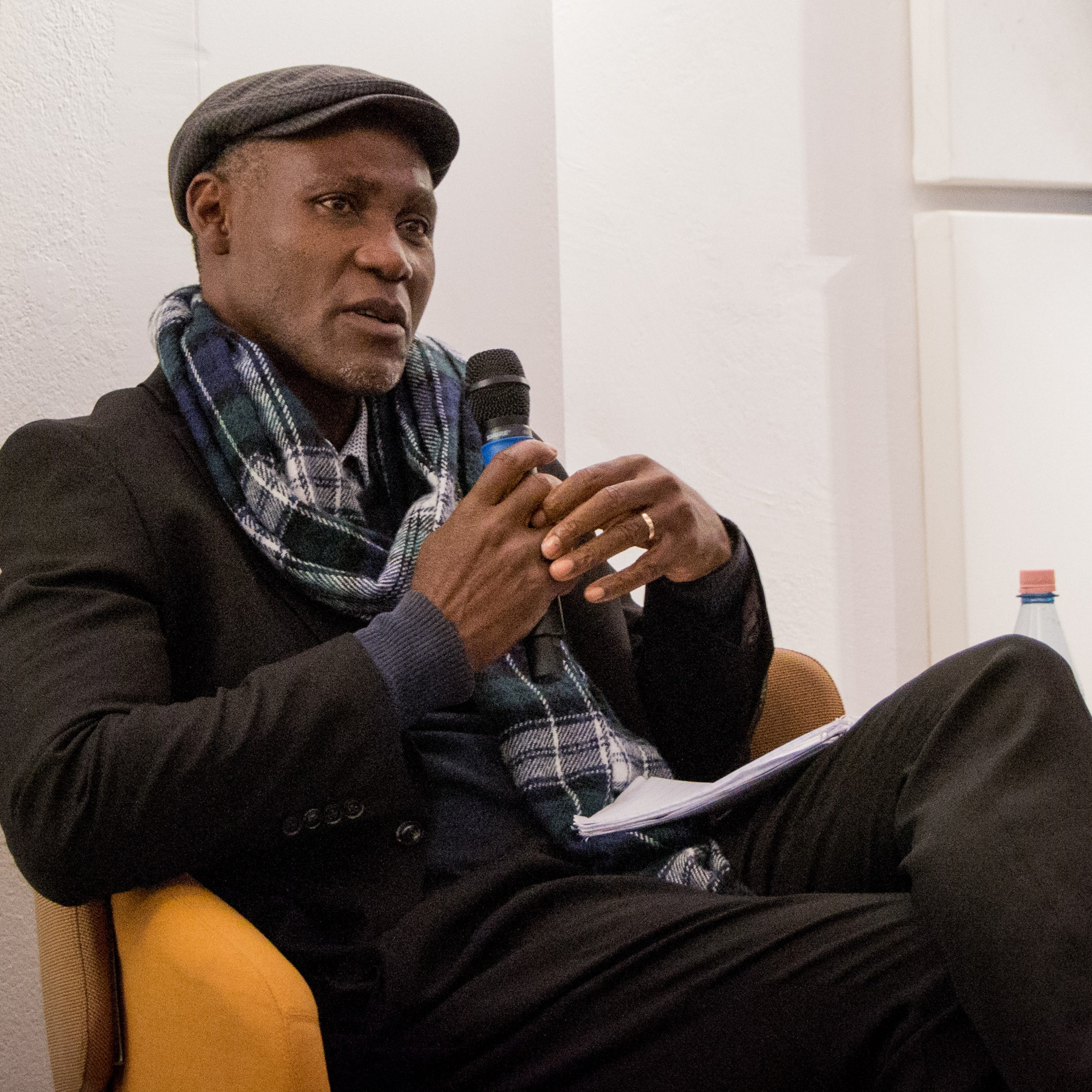
#14 Migration narratives: Trapped in racism and colonialism?
We have been raised and operate in an environment in which narrations on “migration” and “migrants” are intrinsically racist and colonial. The terms themselves attempt to eclipse and decontextualise …
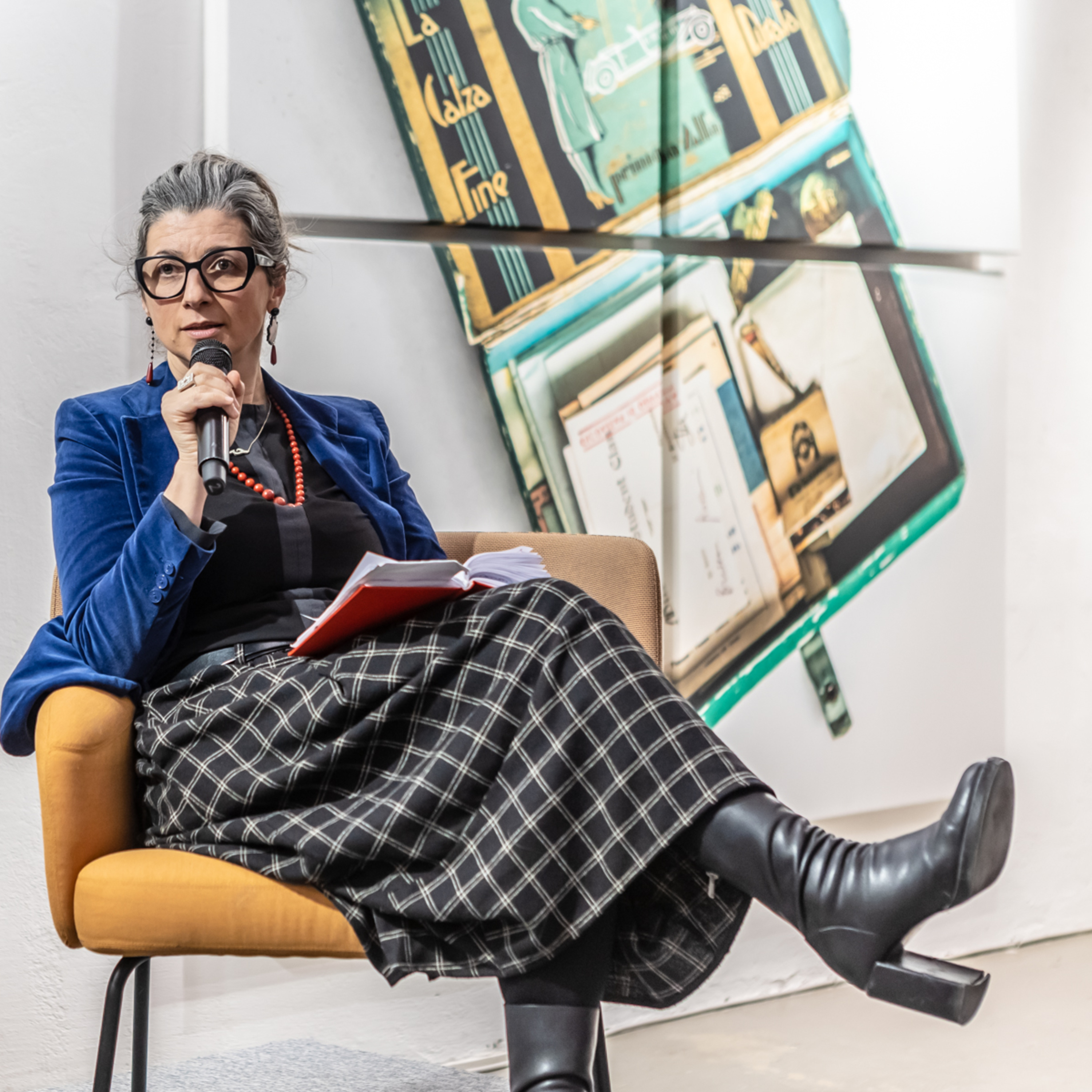
#13 International Law and Repression: A Conversation with Francesca Albanese
Listen to the United Nations Special Rapporteur on the situation of human rights in the Palestinian Territory occupied since 1967. Francesca speaks about her mandate in the context of the ongoing gen…
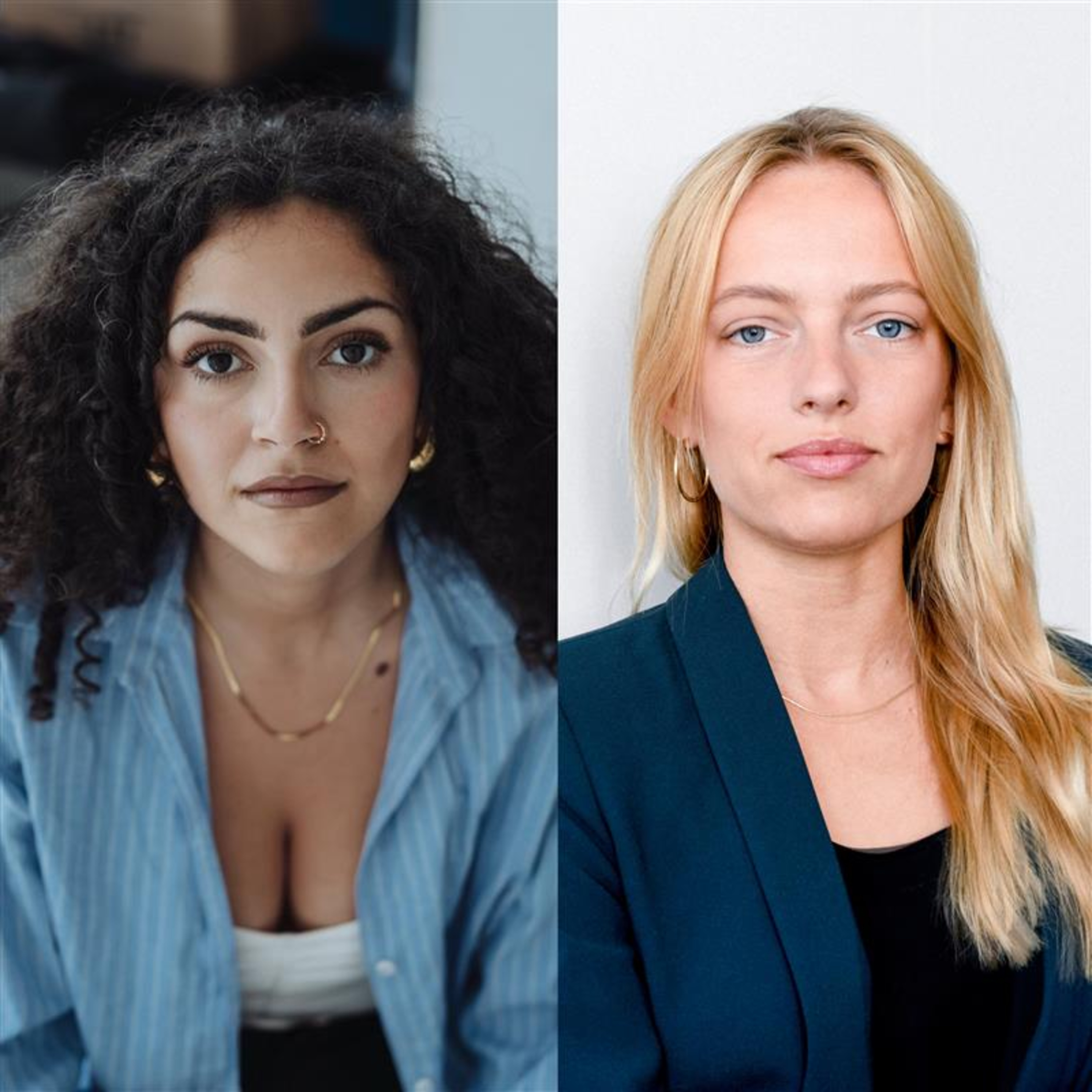
#12 Staatsräson gegen Grundrechte?
Die neue Folge „Staatsräson gegen Grundrechte“ beschäftigt sich mit der deutschen Staatsräson im Kontext der anhaltenden Kriegsverbrechen Israels in Gaza. Welche politischen, rechtlichen sowie gesell…
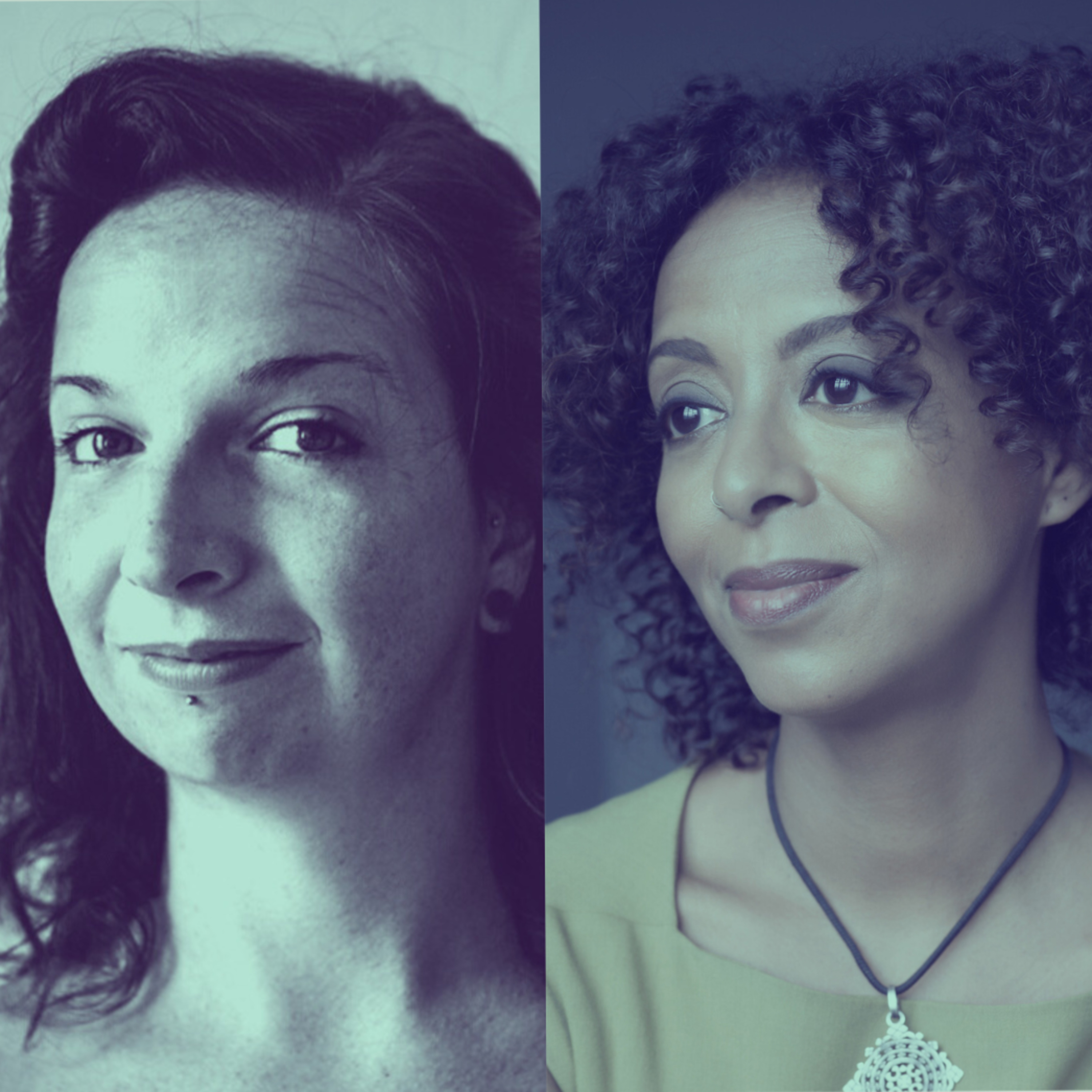
#11 Archival interventions - The untold stories of (colonial) wars
In this episode, Ethiopian-American author Maaza Mengiste and Italian artist and photographer Laura Fiorio sit down with ECCHR General Secretary Wolfgang Kaleck.
The conversation centers on the colon…
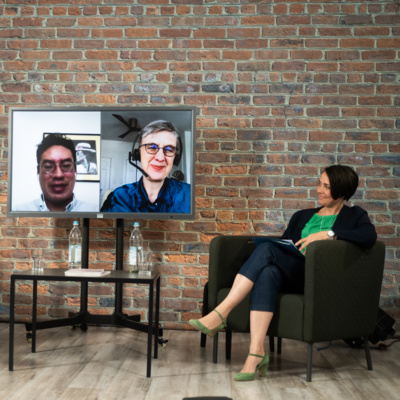
Corporate power, the role of law and human rights
Human rights in times of crises #2
Law not only organizes and secures economic profits, it is a crucial factor in creating wealth. Katharina Pistor (author, Columbia Law School) speaks with Guillermo…
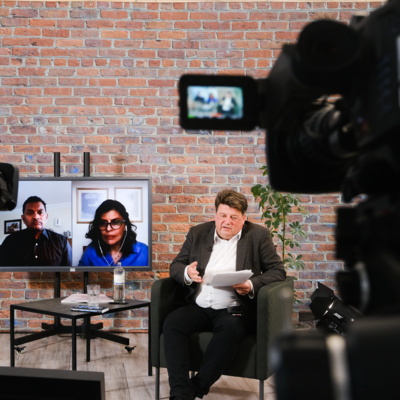
The concrete utopia of human rights
Human rights in times of crises #1
Welcome to ECCHR’s talk series on resistance and concrete utopias. With our conversations, we want to create the necessary platform for actors from all over the wor…
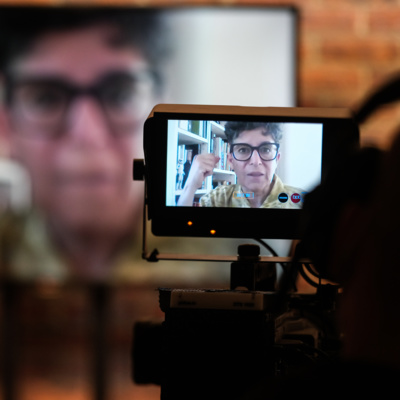
Feminist movements challenging political transformation
Human rights in times of crises #6
Contemporary feminist movements have developed significantly worldwide in ways that speak to their revolutionary potential – including within authoritarian contexts…
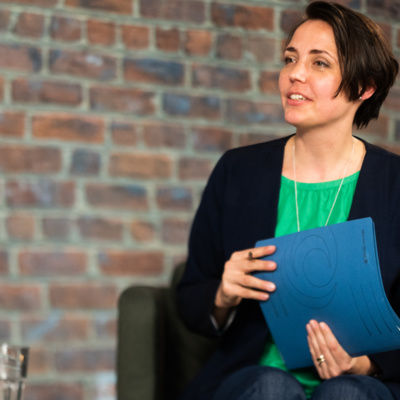
The global right to health and the reality of the COVID-19 vaccine distribution
Human rights in times of crises #4
The COVID-19 pandemic has, in unprecedented ways, highlighted the importance of the right to health. The pandemic sharpens the focus on social inequalities between …
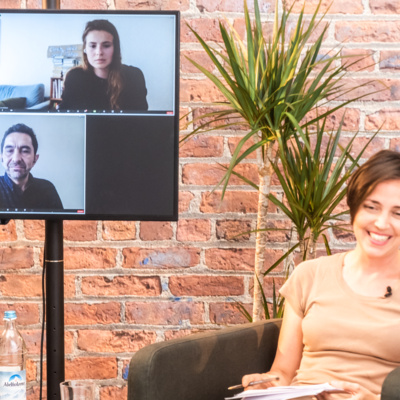
Climate change, environmental degradation and human rights
Human rights in times of crises #3
Human rights can help affected communities and others achieve their demands for sustainable climate policies. They can also force governments and businesses to conn…
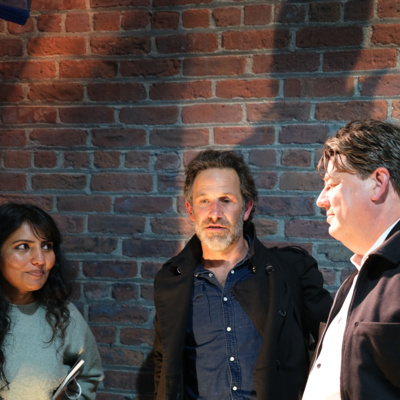
Rethinking (shrinking) spaces in times of crises
Human rights in times of crises #5
From widespread surveillance, torture and disappearances to the increased criminalization of protest and restrictive rules on associations, we are unquestionably wi…
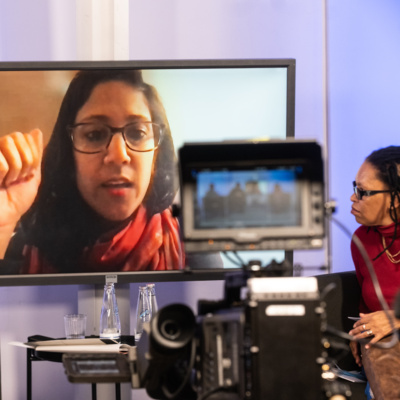
(Post)colonial injustice: Genocide in Namibia and Black Lives Matter
Human rights in times of crises #7
Colonialism continues to shape our current social, economic, and political world order to a substantial degree. In a discussion with prominent human rights advocate…
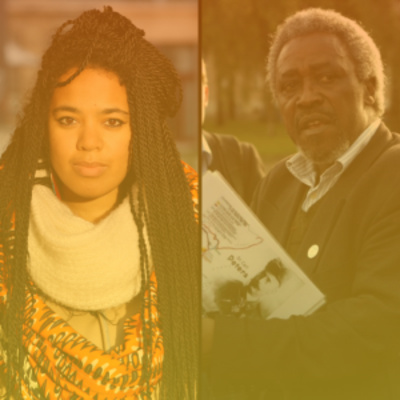
Ancestral remains: Why restitution matters with Mnyaka Sururu Mboro, Nzé Mboulou Mba Bikoro and Sarah Imani
#10 The German colonial period (1884-1920) led and still leads to immense losses of lives, land, resources and sovereignty. To this day, thousands of human remains that were gathered in colonial expl…
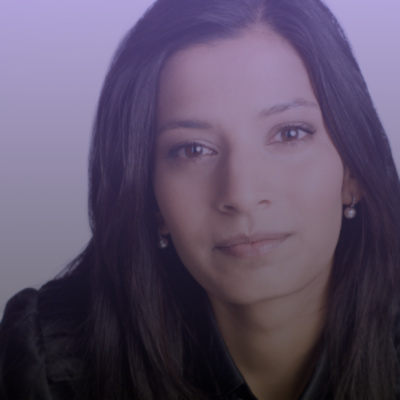
Locked in and out: Decolonizing knowledge with Priya Basil and Wolfgang Kaleck
#9
Writer, activist and ECCHR Advisory Board member Priya Basil sits down with ECCHR General Secretary Wolfgang Kaleck to talk about legacies of colonial and postcolonial injustice and German memory …
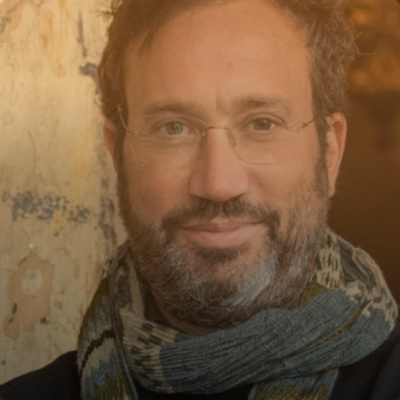
Forensis: Forging a political practice with Eyal Weizman and Wolfgang Kaleck
#8
Eyal Weizman, founding director of research agency Forensic Architecture and ECCHR General Secretary Wolfgang Kaleck speak about the new joint initiative between Forensic Architecture and ECCHR: I…
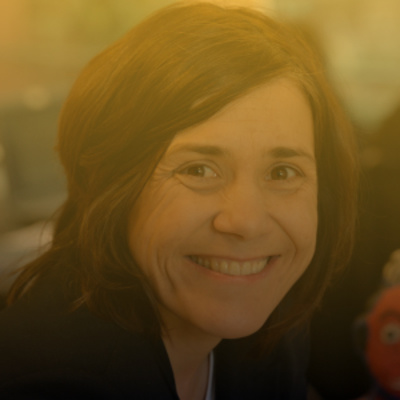
Restitutionen und eine neue Ethik der Beziehungen mit Bénédicte Savoy und Wolfgang Kaleck
#7
Bénédicte Savoy, Kunsthistorikerin und Professorin an der TU Berlin und dem Collège de France spricht mit ECCHR-Generalsekretär Wolfgang Kaleck über Restitutionen von geraubter Kolonialkunst und …
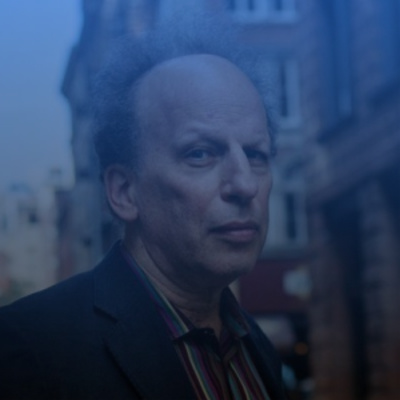
On artistic and human rights interventions with Fred Ritchin and Wolfgang Kaleck
#1
Fred Ritchin, photographer and dean emeritus of the International Center of Photography, and ECCHR General Secretary Wolfgang Kaleck discuss the role graphic images have in photojournalism to rai…
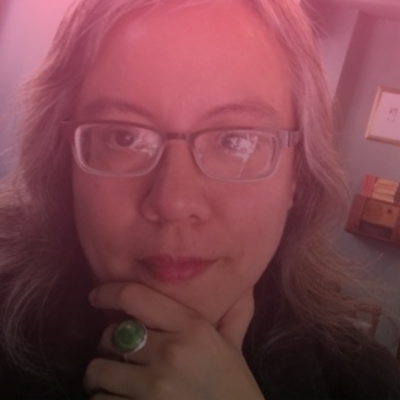
The blood of the dawn with Claudia Salazar Jimenéz and Karina Theurer
#4
This episode is about the debut novel The Blood of the Dawn — La Sangre de la Aurora by Claudia Salazar Jiménez. Salazar Jiménez and Karina Theurer, director of ECCHR’s Institute for Legal Interve…
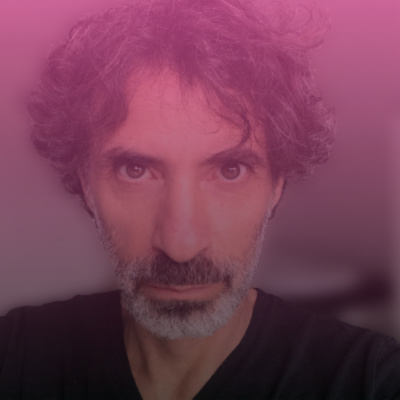
On artistic and human rights interventions with Rabih Mroué and Wolfgang Kaleck
#2
Lebanese performance and video artist Rabih Mroué speaks with ECCHR General Secretary Wolfgang Kaleck about how he treats the impact of violent images in his work. Beginning with his piece PIXELAT…
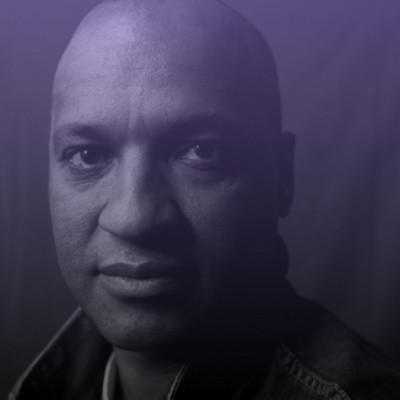
Visuals of violence with Mark Sealy and Wolfgang Kaleck
#5
In this episode, curator and cultural historian Mark Sealy and Wolfgang Kaleck, ECCHR general secretary, talk about the challenges of visual representation. They discuss the visuals of violence an…